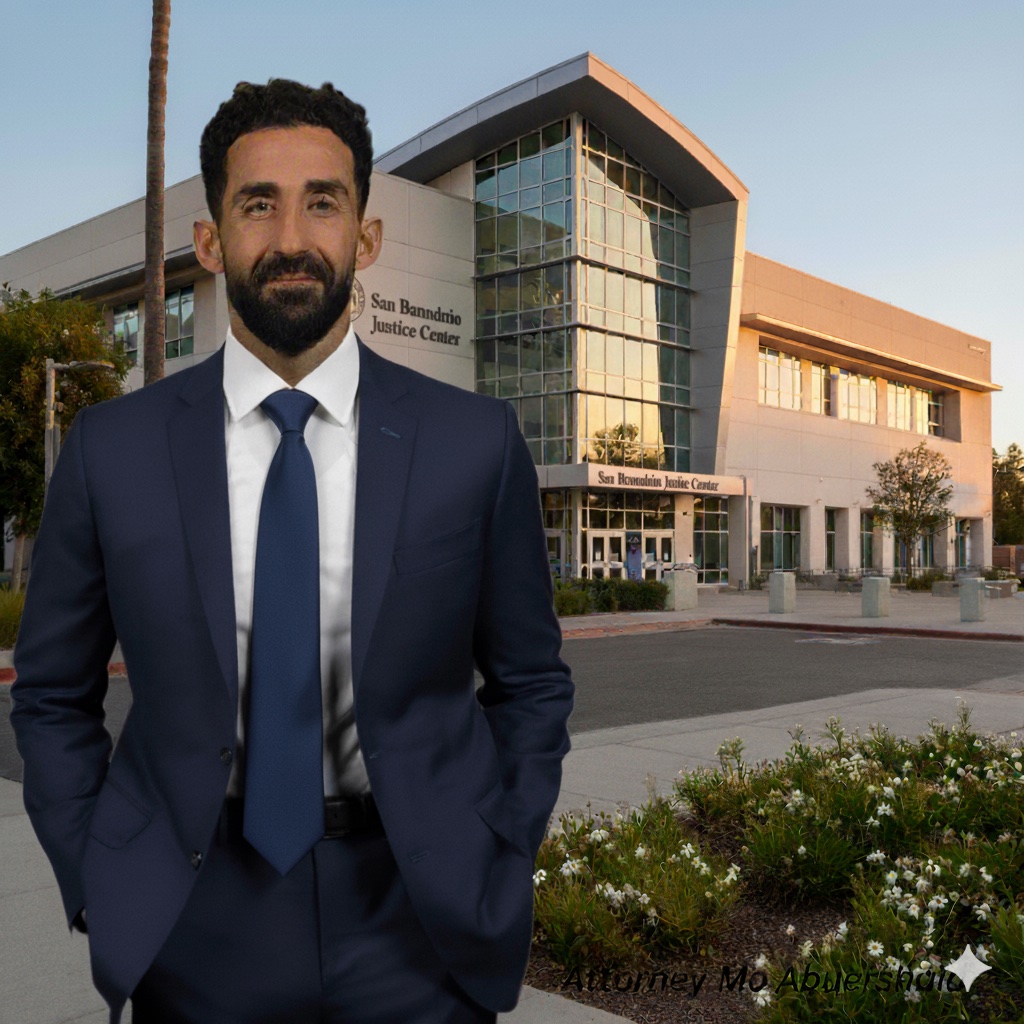- Free Consultation: (800) 265-0217 Tap Here To Call Us
How a CPS Lawyer Can Help in San Bernardino County: The Complete Guide


When Child Protective Services (CPS) becomes involved in your family’s life, you may feel overwhelmed, afraid, and unsure of your rights. In San Bernardino County, CPS investigations and juvenile dependency court proceedings move quickly and can permanently change the future of your family.
This guide is designed as the most comprehensive public-service style resource for San Bernardino parents. It explains twelve stages of the CPS process, answers the most urgent questions, and shows how an experienced CPS lawyer in San Bernardino can protect your parental rights.
Why Parents Need a CPS Lawyer in San Bernardino
- Dependency law expertise: Juvenile dependency is governed by the California Welfare and Institutions Code §§ 300–399. These laws are different from family or criminal law, and require specialized knowledge.
- Protection of constitutional rights: Parents have rights to raise their children, to due process, and to family integrity. A lawyer ensures CPS follows the law when investigating or removing children.
- Local advocacy: San Bernardino dependency cases are heard at the San Bernardino Justice Center. A local CPS lawyer understands the county’s judges, social workers, and court culture.
- Strategic defense: From challenging the CPS petition to preventing termination of parental rights, a lawyer develops a defense plan tailored to your situation.
The CPS Process in San Bernardino: 12 Stages Explained
Each stage includes what happens, what to expect, and how a CPS lawyer helps.
1. CPS Report Filed
What happens: Someone—often a teacher, doctor, or neighbor—reports suspected abuse or neglect.
What to expect: CPS must investigate credible reports. Parents often feel blindsided.
How a lawyer helps: Advises you on how to respond and protects you from making statements that could be used against you.
2. Initial CPS Investigation
What happens: CPS may visit your home, interview your children, and request medical or school records.
What to expect: Social workers may arrive without notice.
How a lawyer helps: Ensures visits and interviews comply with the law, and challenges CPS overreach.
3. Emergency Removal
What happens: If CPS believes your child is in immediate danger, they may remove the child.
What to expect: Removal is traumatic, and children are often placed in foster care or with relatives.
How a lawyer helps: Argues for safe relative placement and prepares for the detention hearing.
4. Detention Hearing (Within 48 Hours)
What happens: The court decides if the child remains in CPS custody during the case.
What to expect: The hearing happens quickly, and CPS presents its evidence.
How a lawyer helps: Advocates for your child’s return, secures visitation, and challenges weak evidence.
5. Jurisdiction Hearing
What happens: The court determines if CPS allegations under W&I Code § 300 are true.
What to expect: CPS must prove allegations by a preponderance of evidence.
How a lawyer helps: Cross-examines witnesses, presents defense evidence, and negotiates settlements when appropriate.
6. Disposition Hearing
What happens: If allegations are sustained, the judge orders services, treatment, and placement.
What to expect: Orders may include parenting classes, therapy, or drug testing.
How a lawyer helps: Ensures services are fair, realistic, and aimed at reunification.
7. Six-Month Review
What happens: The court reviews parental progress.
What to expect: CPS files progress reports that may contain errors.
How a lawyer helps: Corrects inaccuracies and argues for reunification.
8. Twelve-Month Review
What happens: The court reassesses compliance.
What to expect: CPS may argue for termination of reunification services.
How a lawyer helps: Presents evidence of progress and argues against premature termination.
9. Eighteen-Month Review
What happens: Usually the last chance for reunification.
What to expect: If children are not returned, CPS moves toward permanency planning.
How a lawyer helps: Argues for custody return or extended services.
10. Permanency Planning Hearing (§ 366.26)
What happens: The court decides on adoption, guardianship, or long-term foster care.
What to expect: Parental rights may be terminated.
How a lawyer helps: Fights termination, shows parent-child bond, and argues for less drastic alternatives.
11. Appeals and Writs
What happens: Parents may challenge court rulings through appeals or writ petitions.
What to expect: Appeals are time-sensitive and legally complex.
How a lawyer helps: Files timely appeals and seeks to overturn unfair rulings.
12. Post-Case Advocacy
What happens: Even after closure, disputes may arise over visitation, guardianship, or CPS misconduct.
What to expect: Parents may need continuing representation.
How a lawyer helps: Files motions to modify orders, petitions for reinstatement of rights (§ 388), or civil rights claims against CPS.
10 FAQs About CPS in San Bernardino
1. Can CPS enter my home without a warrant?
No, unless they believe a child faces imminent danger. Otherwise, they need consent or a warrant.
2. How quickly will I see my child after removal?
A detention hearing must occur within two court days of removal.
3. What is a dependency petition?
It’s the legal filing under W&I Code § 300 alleging abuse or neglect.
4. Can CPS use what I say against me?
Yes. Statements made to social workers may be used in court.
5. Can I request my child be placed with relatives?
Yes, California law prioritizes relative placement when possible.
6. What services might the court order?
Parenting classes, therapy, drug treatment, or domestic violence counseling.
7. What happens if I miss court?
The court may proceed without you and make decisions against you.
8. Can CPS terminate my parental rights?
Yes, usually at the permanency planning hearing.
9. How much time do I have to reunify?
Generally six, twelve, or eighteen months, depending on circumstances.
10. Can I appeal?
Yes, but appeals are time-sensitive. A CPS lawyer must act quickly.
















